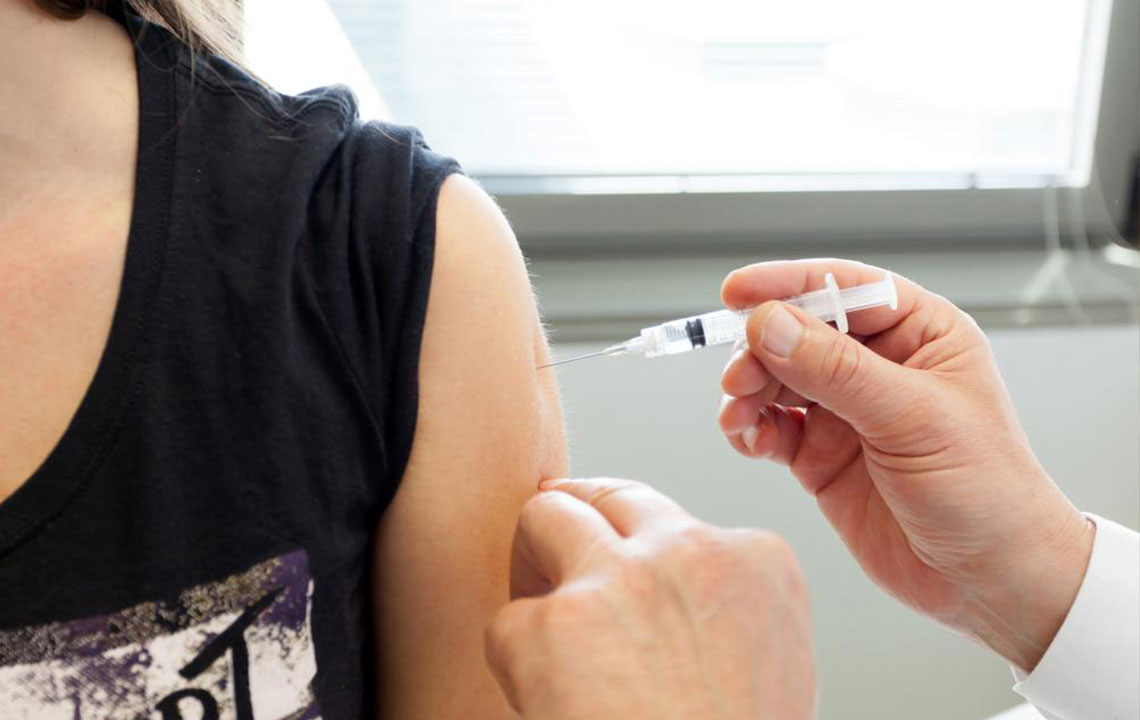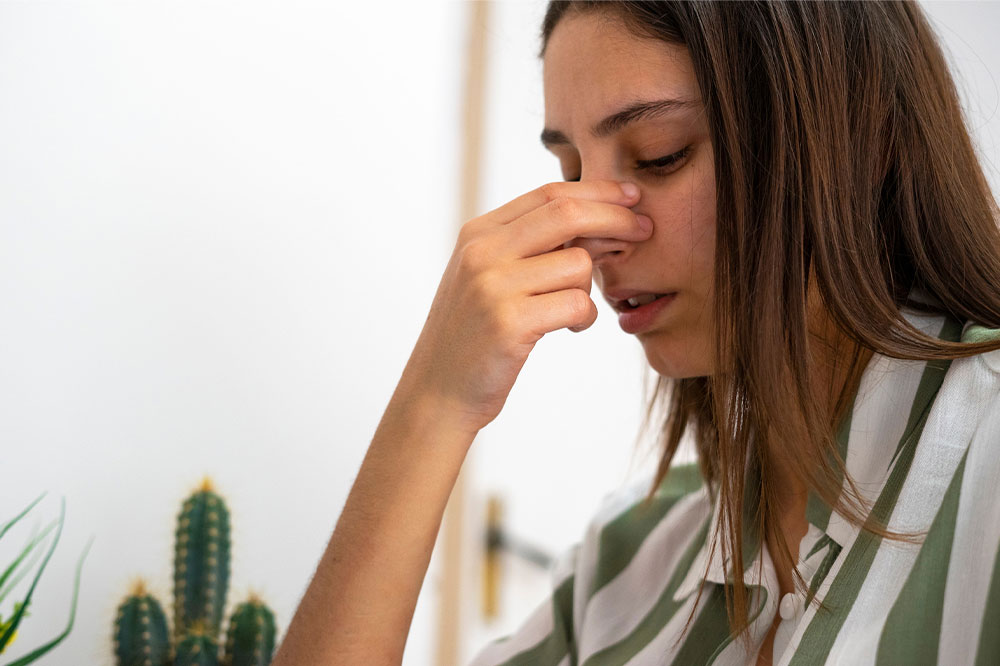The Importance of Regularly Replacing Your Bedding for Better Health
Regularly replacing and washing your bedding is essential for maintaining personal hygiene and preventing bacterial, fungal, and dust-related health issues. Experts recommend cleaning bedding every two weeks to reduce risks of infections, skin problems, and respiratory issues. Proper maintenance of your bedding can lead to healthier sleep and overall well-being. This guide emphasizes timely bedding replacement as a simple yet effective way to enhance hygiene and prevent illness.

The Importance of Regularly Replacing Your Bedding for Better Health
Many people are unsure about how often they should change their bedding. Knowing when to wash or replace sheets, pillowcases, and quilts is crucial to maintain good hygiene. Regular bedding changes are essential to prevent health issues, as explained below.
Germs and bacteria
Bedding can harbor harmful bacteria like Staphylococcus aureus, which thrive in the moist environment created by sweat, saliva, and bodily discharges. These microorganisms can lead to infections if they come into contact with your body.
Fungal growth can also develop on bedding, especially if it’s not cleaned frequently. Sweat promotes fungi like Candida albicans and causes skin issues such as athlete’s foot and other infections. Wash bedding thoroughly with hot water to eliminate fungi, and avoid mixing contaminated items with clean laundry.
Dust accumulation
Dust settles on bedding over time and can cause allergies, skin irritations, and respiratory issues, especially in urban environments. Regular cleaning helps reduce dust buildup and promotes better respiratory health.
While daily replacement isn’t necessary, maintaining hygiene by washing bedding every other week or fortnight is recommended to prevent health problems associated with prolonged use.
Note:
Our blog offers diverse informative content meant to support your health and hygiene choices. However, please treat our articles as informational rather than definitive medical advice. The content may not cover all variations or latest developments, and the website cannot be responsible for inaccuracies or specific circumstances.










